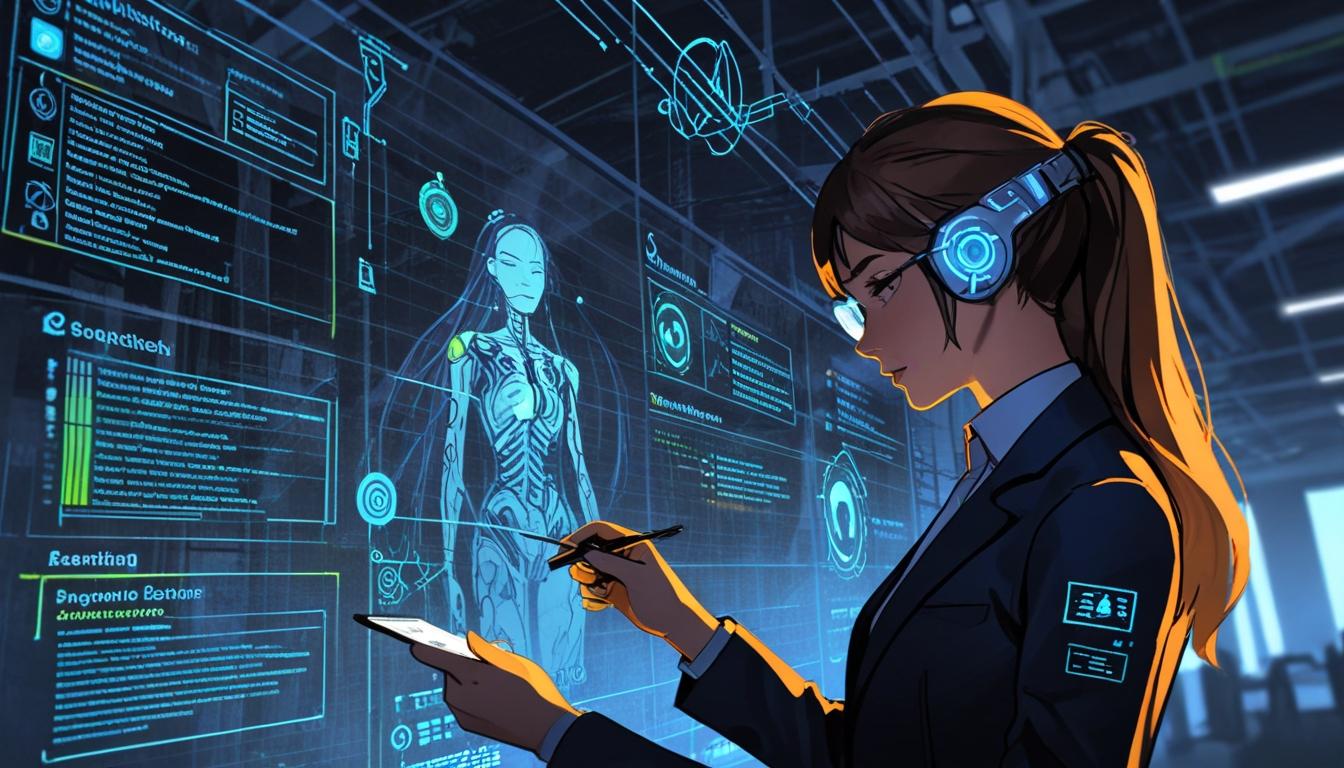AI agents are emerging as a significant technological advancement, captivating interest across various sectors due to their sophisticated capabilities that extend far beyond traditional software. Unlike conventional programs that operate on fixed instructions, AI agents possess the ability to perceive their environment, comprehend data, and make autonomous decisions while adapting through experience. This combination of skills is opening new possibilities, particularly in tackling complex challenges such as climate change and sustainability.
At their core, AI agents function as advanced digital assistants. They can interpret diverse data formats, from customer information and real-time sensor inputs to natural language commands. This enables them to understand complex documents, grasp nuances in conversations, and perform tasks that require a degree of reasoning and planning. For instance, an AI agent tasked with optimising a marketing campaign can dissect historical performance data, identify target demographics, and independently plan and execute strategic ad placements and communications.
One notable application highlighted is the optimisation of energy consumption in smart buildings. By analysing factors such as weather forecasts, occupancy patterns, and historical energy use data, AI agents can make real-time adjustments to heating, lighting, and cooling systems. Similarly, these agents can streamline inventory management by forecasting demand, personalise customer interactions through tailored communications, and even initiate investigations based on detected anomalies within data sets.
A distinguishing feature of AI agents is their capacity for continuous learning. Through feedback loops, they refine their actions and strategies based on outcomes, becoming increasingly effective over time. For example, an AI agent managing customer support interactions can learn which responses yield successful resolutions, improving its future performance. Additionally, these systems maintain awareness of past interactions and environmental states, supporting coherent long-term operations in complex projects.
The potential role of AI agents in supporting corporate net zero initiatives is gaining particular attention. Organisations striving for carbon neutrality can leverage these agents to monitor energy consumption, emissions across supply chains, and transport logistics continuously. This allows AI agents to detect inefficiencies and implement real-time alternatives, such as rerouting delivery vehicles to reduce fuel use or selecting suppliers with lower emission profiles. More sophisticated agents may coordinate activities across various departments, aligning operations with environmental, social, and governance (ESG) targets on a large scale and adapting to fluid market conditions inherent in decarbonisation efforts.
Beyond emissions reduction, AI agents also promise to enhance circular economy practices. Managing the lifecycle of products and materials poses significant challenges, especially as items cycle through multiple use phases. Here, AI agents embedded within product lifecycle management systems can track the condition and usage of components in real time, triggering collection or remanufacturing processes as components approach the end of their service life. These agents may coordinate with recycling partners or adjust usage patterns to prolong the life of materials, thereby supporting a transition from a linear ‘take-make-waste’ model to a more regenerative framework.
While the prospects are considerable, the deployment of AI agents raises important questions related to ethics, autonomy, and accountability. Ensuring these systems act consistently with human values, especially in decisions impacting people and the environment, remains a key concern. Transparency in how AI agents operate and how their autonomous decisions align with ethical and environmental objectives will be areas requiring ongoing attention by business leaders, policymakers, and technologists.
The ITN Business report emphasises that the integration of AI agents into business practices is advancing rapidly. Their ability to act autonomously, learn continuously, and interact seamlessly with various systems positions them as potentially vital tools in creating sustainable, efficient, and adaptive organisations. As these technologies evolve, the focus on balancing innovation with oversight and responsibility will shape their influence on society and the environment moving forward.
Source: Noah Wire Services
